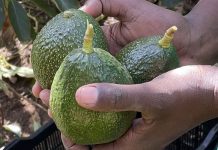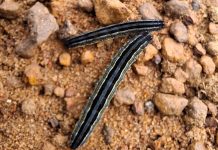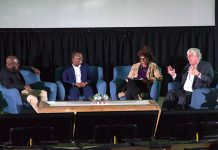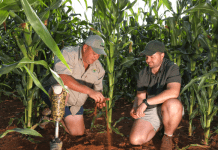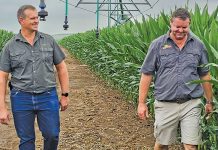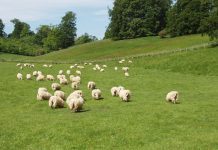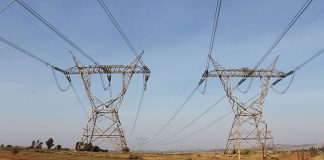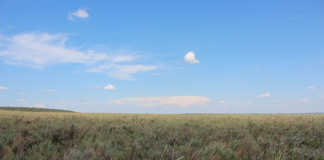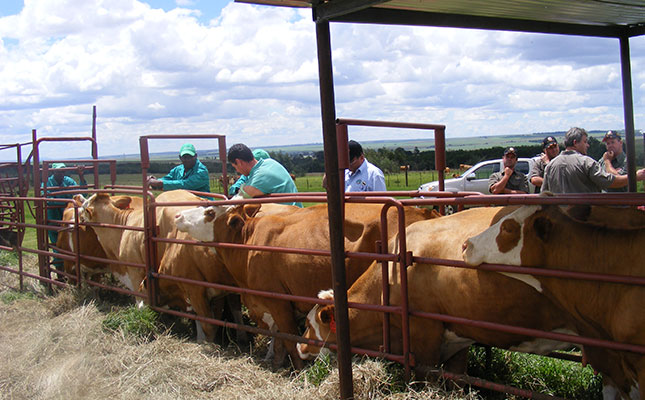
Photo: Annelie Coleman
South African livestock producers can be assured that the veterinarians who care for their herds are amongst the best in the world. This was according to Dr Sarah Ewing, education officer at the Australasian Veterinary Boards Council (AVBC). The South African Veterinary Council recently renewed its mutual recognition agreement with the AVBC.
Ewing told Farmer’s Weekly that the agreement recognised the training of veterinary surgeons at the University of Pretoria (UP), and the SAVC’s accreditation of UP’s training in association with the AVBC.
“It also includes the reciprocal recognition of AVBC accreditation of veterinary training. For example, an Australian veterinary graduate may be recognised for the purpose of registration by the SAVC,” Ewing added.
According to Dr Alfred Tlolo Kgasi, SAVC president, the agreement created opportunities for feedback from experienced international accreditors. It was an excellent opportunity for veterinary schools in Australia, New Zealand and South Africa to improve their educational standards.
It also meant that graduates could travel internationally to undertake further training and bring that expertise back to their home countries.
“This alignment allows for the mutual recognition of veterinary qualifications without the need to sit and pass a registration examination. Therefore, subject to local accreditation of veterinary programmes for instance in the UK, Australia or New Zealand, the SAVC registers graduates on a reciprocal basis without additional examinations. The countries participate jointly in visitations to ensure that standards at training institutions in the respective countries are met,” he said in a statement.
Mutual accreditation of veterinary schools was an integral aspect of the quality assurance process for veterinary education, said Kgasi. The SAVC had adopted globally-aligned procedures and minimum standards to ensure quality control at tertiary training institutions and compliance with the regulations laid out in the Veterinary and Para-Veterinary Professions Act No. 19 of 1982.
“So, even beyond the aligning of our standards, this [agreement] also enables easier movement of professionals between New Zealand, Australia and South Africa,” Kgasi explained.


